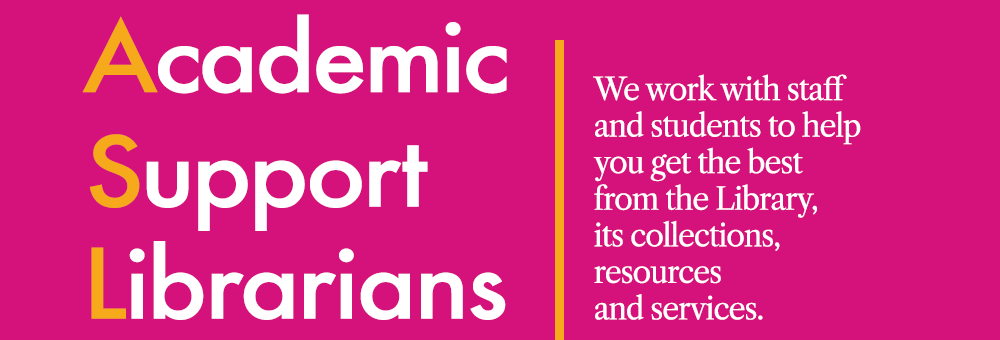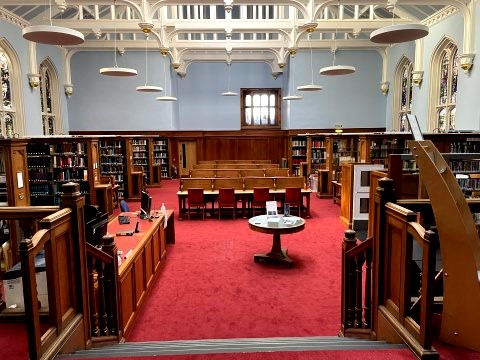
Image by Geralt via Pixabay
Did you know that Academic Support Librarians (ASLs) work year round, even while most students are on their summer break? Here at UoE we have courses starting at different times throughout the year so some members of our team have already been hard at work helping students get settled in and familiar with Library Services right at the beginning of their university journey in Edinburgh.
For example, we have a lot of students who arrive for pre-sessional courses such as the ‘Essentials of English for Academic Purposes’ who began in July in order to complete some language courses before their PG study begins. We like to meet these students and make sure they’re familiar with which resources will be relevant for them, and how to ask for help in the very early part of their course so the information stays with them no matter what they go on to study.

ASLs had a stall at the Community Fairs organised by The Centre for Open Learning (COL) in July
We’ve been providing library introductions for new and returning students in the College of Medicine and Veterinary Medicine, and we’ll soon be welcoming the latest cohort of Professional Graduate Diploma in Education (PGDE) students who will be arriving on the Holyrood campus on Monday 18th August. This group of students traditionally start before other cohorts and spend limited time on-campus as they go out on school placements at the start of the academic year.
To facilitate early arrival on-campus, Ishbel (ASL for Moray House School of Education and Sport) has liaised with Programme Directors for PGDE Primary & Secondary to find out how many new students are expected to arrive for the 2025-26 session (PGDE Primary: 100 approx. & PGDE Secondary: 145-160 approx.) She has liaised with the Moray House Library EdHelp Team and with Pam Wells at the Main Library to arrange for student ID cards to be sent to Moray House Library in advance, which allows PGDE students to collect cards before ‘official’ card collection events take place during Welcome Week. This year, we’ve also had assistance from Jade Fenton (Graduate Library Trainee) and Tim Gray to arrange for Library tote bags to be delivered to Moray House Library in time for PGDE student arrivals.
We’ll also welcome Access students in August. Access courses are designed for adults who are returning to learning after a break and will go on to Undergraduate work in the future – they begin almost a full month before welcome week and continue on for two semesters.
We often talk about how there’s no one-size-fits-all scenario for our students and that’s because there’s so many different courses, circumstances and timetables to account for in our planning. This is just one example of how we’re trying to make sure everyone has a valuable and meaningful library experience no matter when they join us!










